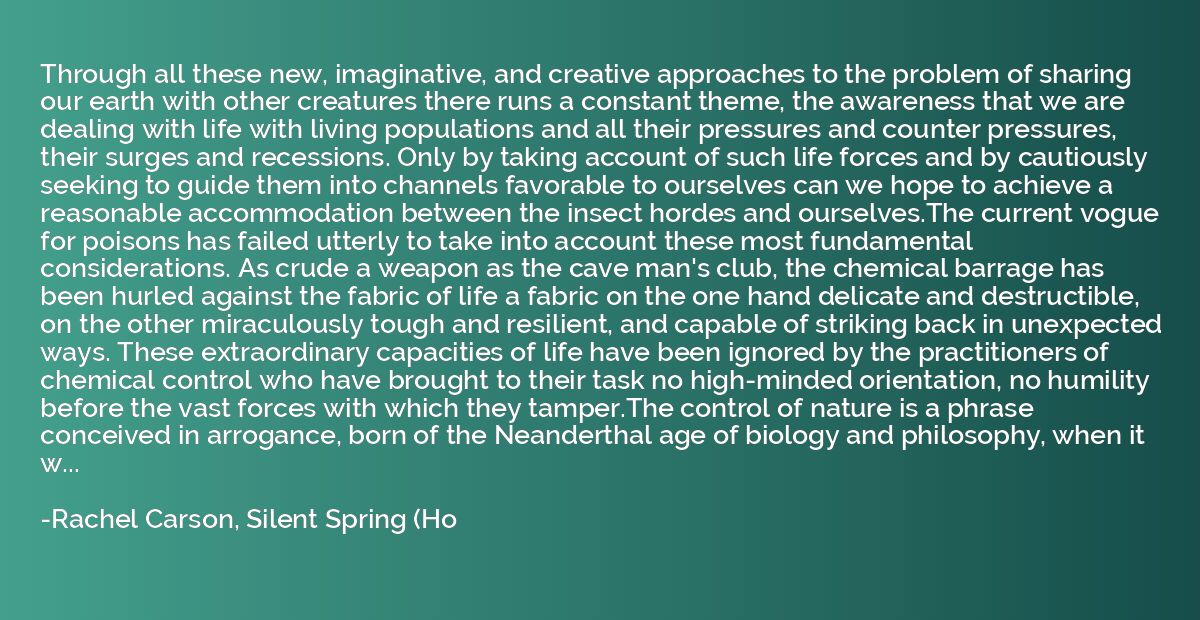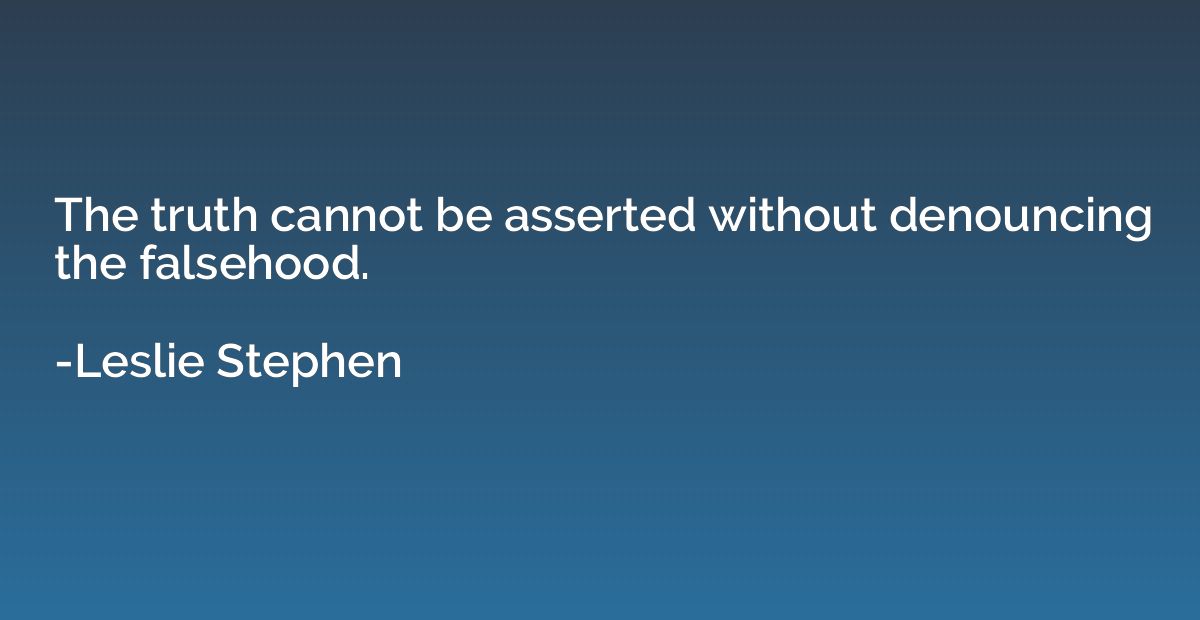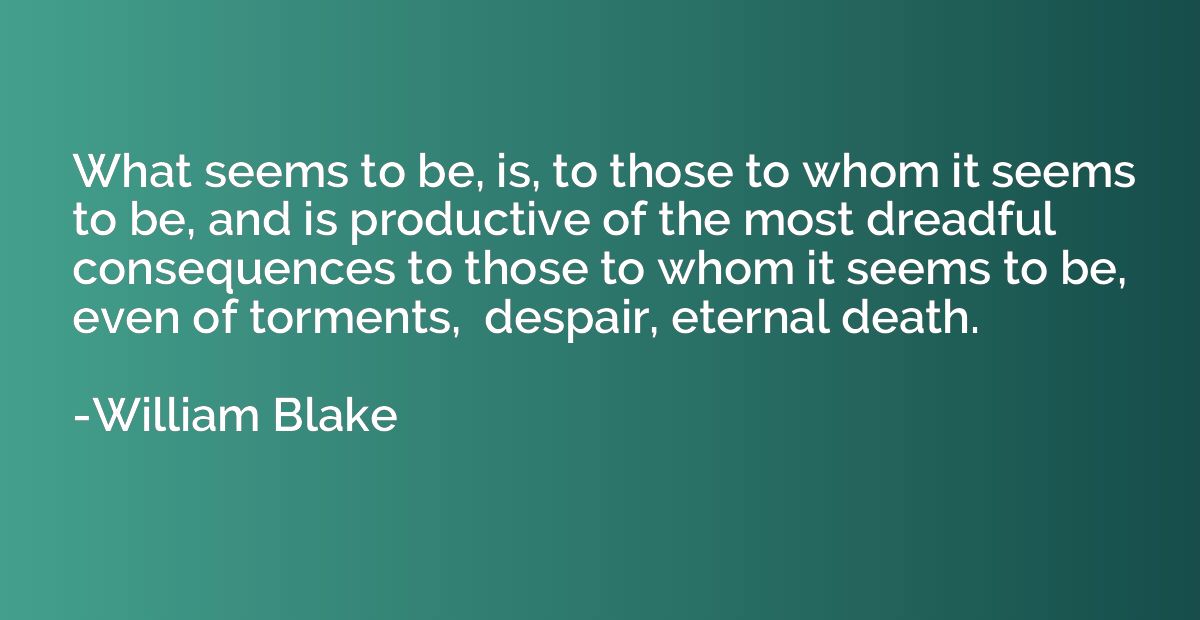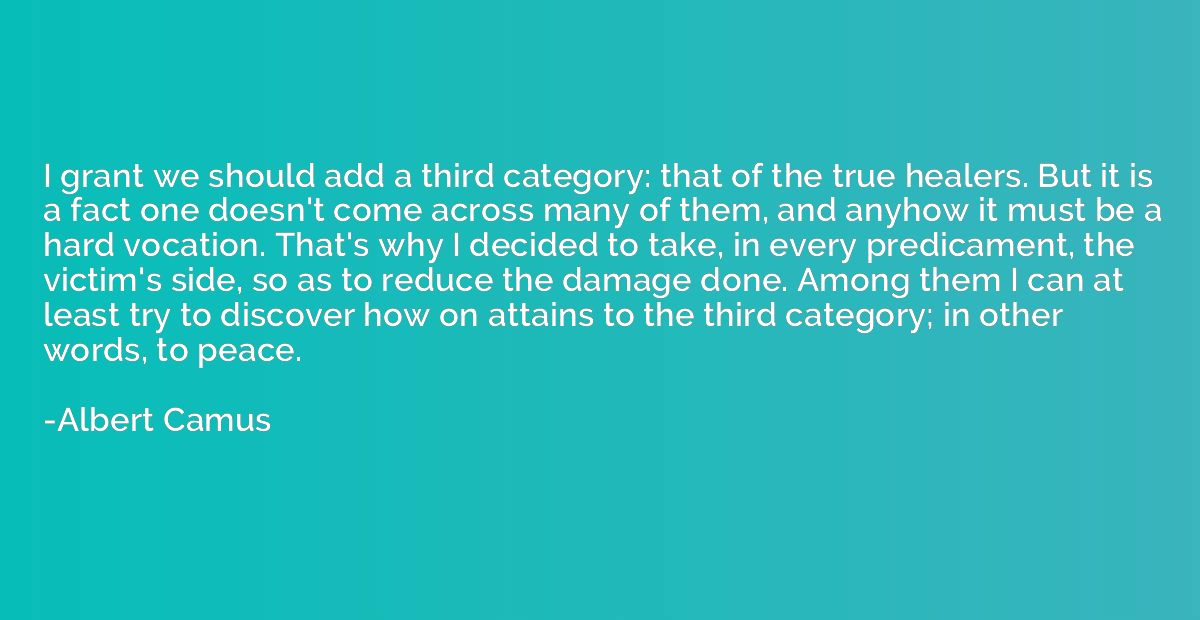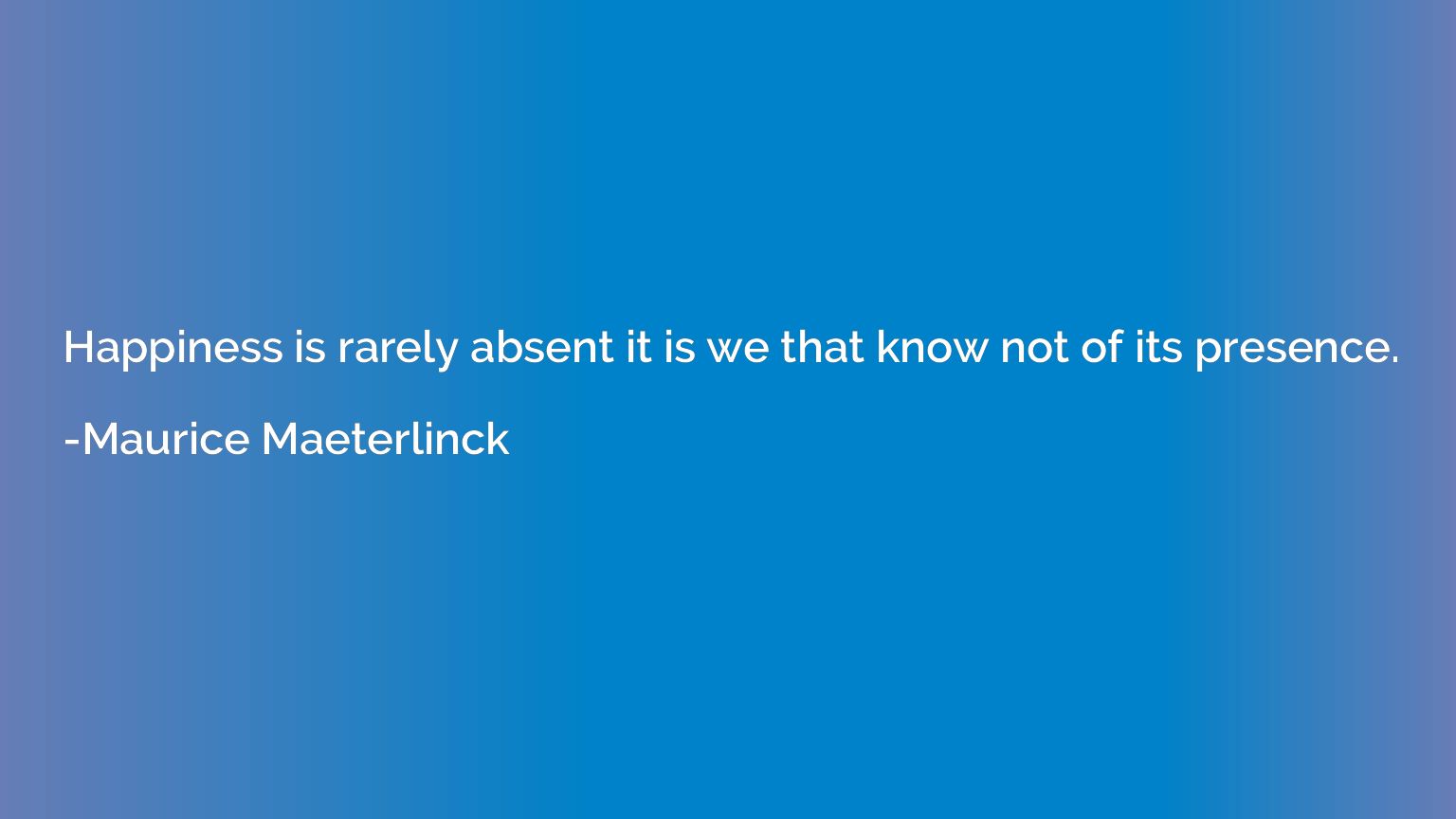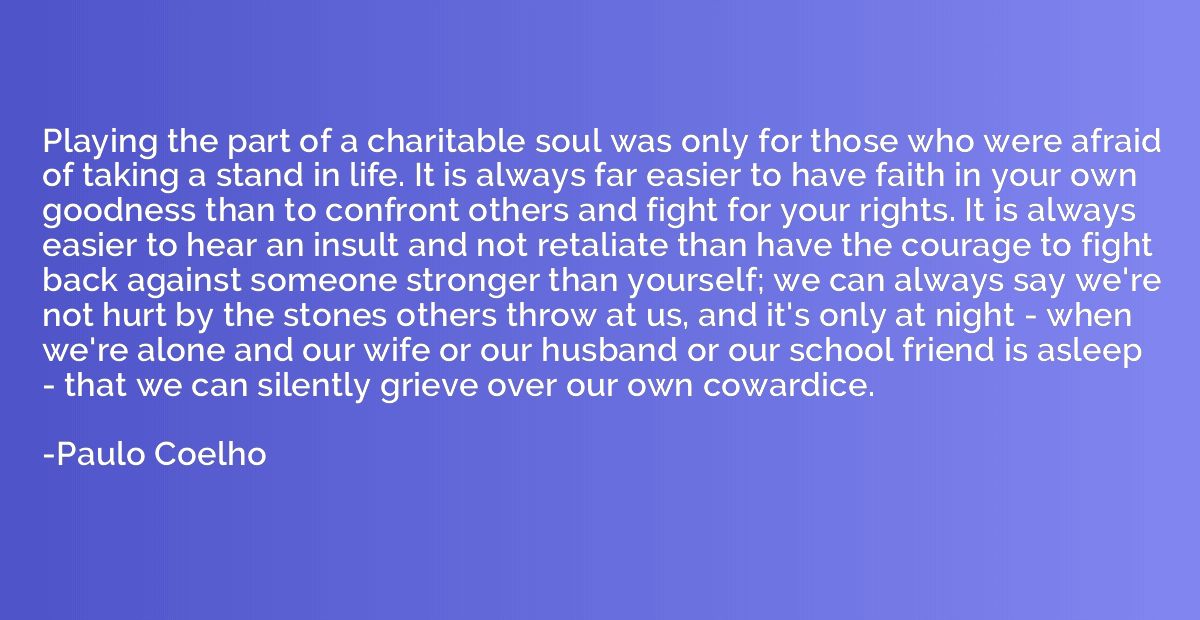Quote by W.B. Yeats
I will arise and go now, for always night and day I hear lake water lapping...I hear it in the deep heart's core.
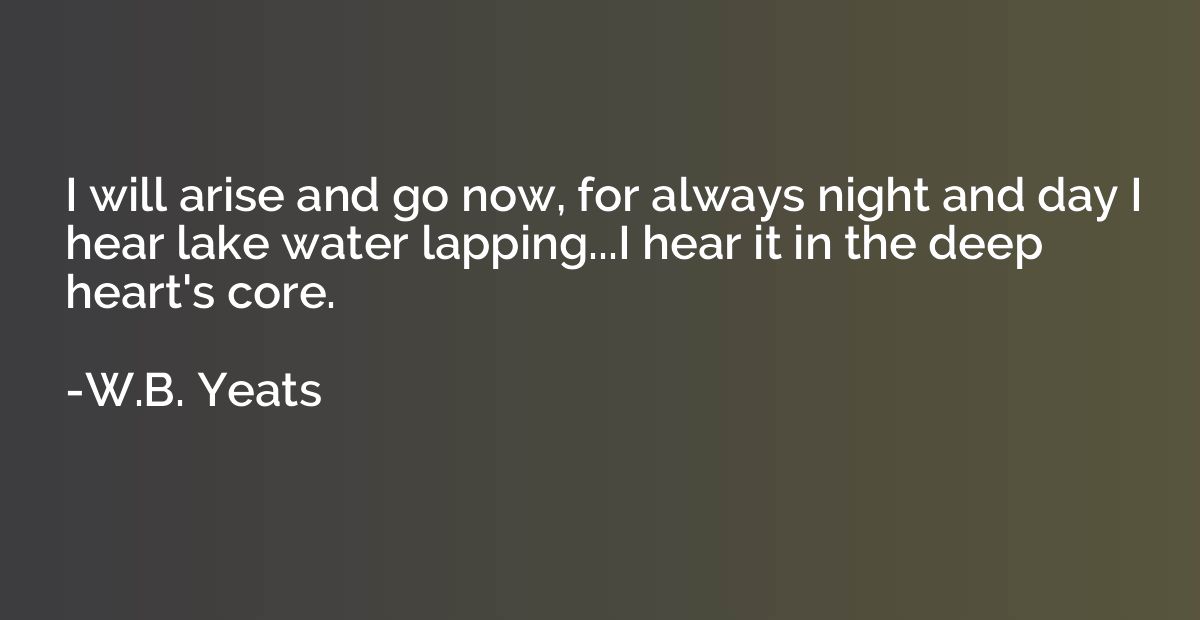
Summary
This quote, from William Butler Yeats' poem "The Lake Isle of Innisfree," reflects the longing for solace and tranquility. The speaker expresses a desire to leave the hustle and bustle of daily life behind and retreat to a peaceful and idyllic island. The constant sound of lake water lapping serves as a metaphor for the speaker's deep yearning for this place of inner calm and restoration, highlighting the profound longing embedded within the depths of their soul.
By W.B. Yeats






